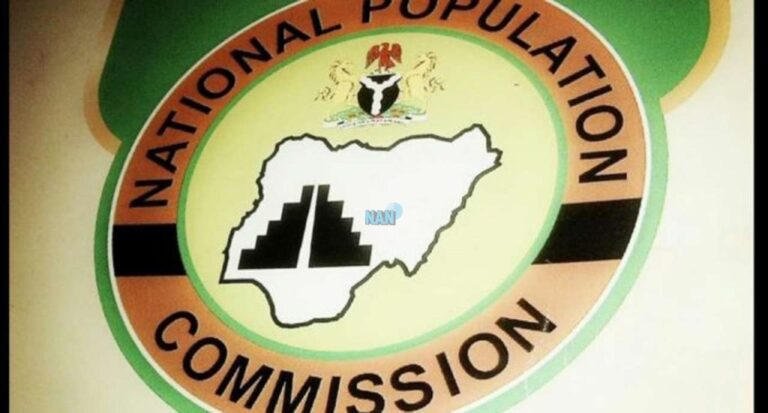As part of making effective use of public information to demand accountability for institutional improvement and efficient service delivery, BudgIT, a leading public data organization has urged the National Population Commission to publish the breakdown for its N896bn 2023 National Population Census budget.
In separate letters to the Mrs. Zainab Ahmed, Nigeria’s Minister of Finance, Budget, and National Planning, BudgIT and her Minister of State, Prince Clem Agba, dated March 9, 2023, attentioned to the Ministry’s Head Procurement Department, and copied to the Freedom of Information Unit, under the Freedom of Information Act (FOIA) 2011, BudgIT seeks to know how much of the money has been released, utilised and cash back, as well as a list of the states and Local Governments allocation support was sent to aid a smooth population census.
The letter signed by Gabriel Okeowo, Country Director, BudgIT gave the commission seven days to respond to the request as stipulated in the Act.
In the letter to the NPC chairman, Nasir Isa Kwarra, the organisation also demanded to know” the total headcounts of participants in the 2023 population census.”
BudgIT recalled Agba as saying a total of N869bn ($1.88bn) would be required for the exercise, including post-census activities, a breakdown of which included N626bn ($1.36bn) for the census at $6 per citizen, and N243bn ($527m) for post-census activities up to 2025.
The statement noted that although the census exercise is crucial for planning a progressive and sustainable development—which is not limited to knowing the revenue estimation, economic needs, unemployment level, living standard, and policies, there is a need for the commission to provide details of its budget, to ensure public transparency and accountability.
The statement quoted Iyanuoluwa Bolarinwa, Acting Head, Open Government and Institutional Partnership as saying “the country’s resources are scarce at this time, and we do not believe this is the best use of N896bn at these difficult times considering Nigeria’s current debt profile, which stands at N44tr.
“The 2023 elections have just ended, and Nigeria could draw some wisdom from it to help save costs during this critical period. The Nigerian government should work on reducing the multidimensional poverty of over 133 million people, and investments that will significantly reduce these numbers should be prioritized and not wasted on frivolities,” he added.
Trending Today
Menu








